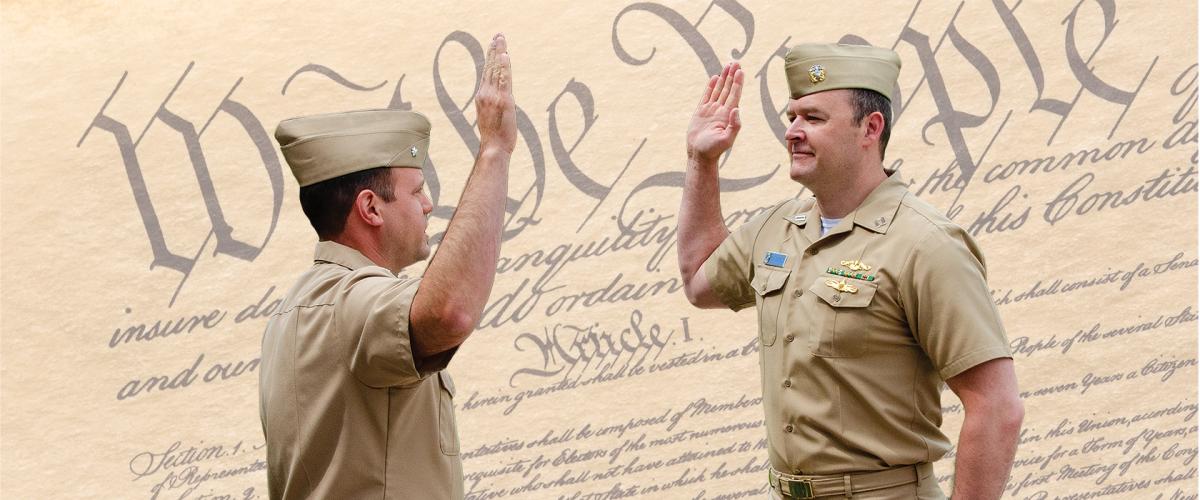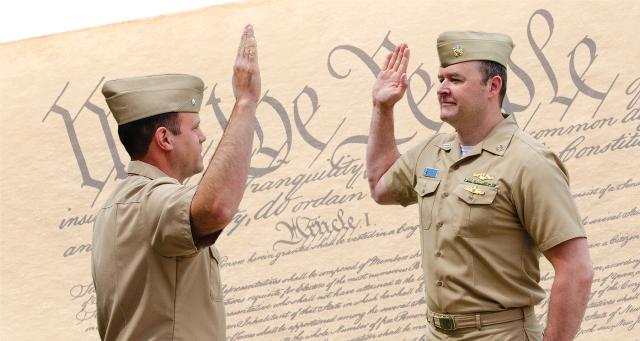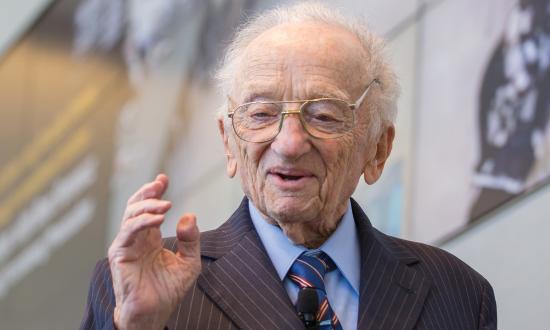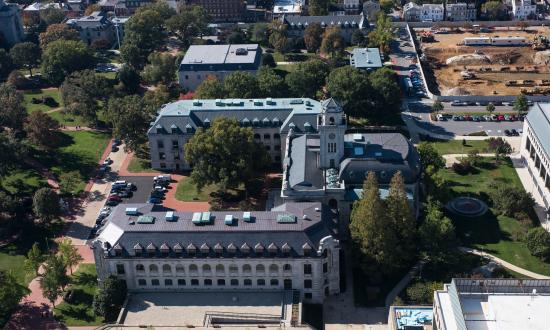The 6 January 2021 assault on the U.S. Capitol has yielded federal charges against hundreds of individuals, a number of them military veterans.1 The Joint Chiefs were swift in condemning the attack as unlawful and inconsistent with military values, but the participation of veterans raises questions not only of extremism in the ranks, but also whether the military is doing enough to educate the force on citizenship.2 It is time for the military to address civic illiteracy in the ranks, to promote a healthy democracy.
Civic literacy can be defined as a working knowledge of the Constitution, an understanding of democracy, and a basic familiarity with associated U.S. history. Thus defined, it is critical to sustaining U.S. society. Americans agree that voting, paying taxes, and following the law are essential to good citizenship.3 But given that only about two in five can name the three branches of government, substantial room for improvement remains.4
One reason for the military to promote civic education of the force is to honor the promise to “return to society better citizens.”5 The military has a sacred obligation to care for the young men and women who pledge their lives in service to the nation, including preparing them to return to society when they fulfill their service requirement. It is heartening that some research findings indicate that military veterans are more likely to engage civicly than are non-veterans.6 Unfortunately, it is not clear that most would fare much better than their civilian counterparts on even a basic civics test—much less on constitutional concepts and U.S. history.
Despite recent polling, on balance, the military remains America’s most trusted institution.7 Given the Department of Defense’s unique role as the United States’ largest employer, an explicit emphasis on civics education by military leaders would keep faith by returning veterans to society ready and able to contribute well and continue serving as citizens.8 Such a step also would set a positive example for other Americans to emulate.
A second reason for the military to address civic education originates in the oath of office. In the first sentence of the oath, commissioned officers and enlisted service members alike swear to “support and defend the Constitution of the United States against all enemies, foreign and domestic.” This solemn oath carries both historical and moral significance, linking the honor of the person to the timeless values captured in the Constitution.9
The oath is not to an ideology, a party, or a person—but to the Constitution itself, which supersedes fleeting passions, factions, and interests.10 Yet, military members cannot be expected to take this oath seriously, nor to honor its substance, without sufficient understanding of the foundational precepts of the Constitution, such as due process, federalism, and separation of powers. Indeed, without such a foundation, the oath itself is ornamental at best. Given the proliferation of scholarship illustrating the decline of civic knowledge across the United States, military leaders should prioritize civic education of the force to ensure the oath of office retains vitality and significance in practice.11
Third, because of the military’s unique and powerful role, it is especially important that military members uphold and promote confidence in the rule of law. At the most basic level, this is important to ensure that the military is not misused to overthrow the very democracy it is designed to protect. Further, the RAND Corporation’s report on truth decay provides alarming evidence of the rise of distrust in institutions and increasing disagreement over basic facts.12 The recent failed attack on the Capitol serves as a cautionary tale. The manipulability of the electorate, including many veterans, suggests that serious attention is needed to foster confidence in the U.S. legal system and the rule of law itself.13
What, then, should the military do? A starting point is education and emphasis. Professional military education and training could ensure that service members possess a working knowledge of the Constitution, the courts, and the processes of democratic governance. This would not require an inordinate investment of time; such content could be woven into basic training and the accession pipeline. For instance, recognizing the importance of legal education to officers, the U.S. Naval Academy already mandates a two-credit course, Law for the Junior Officer, for its senior-level midshipmen. This is an excellent start, and it should be replicated elsewhere. Additional curricula could be gleaned from the host of excellent studies recently promulgated by blue-ribbon panels that have researched the issues in depth.14
In addition, leaders at all levels could not only reinforce key civic principles and concepts, but also emphasize the importance of life-long dedication to being an informed and engaged citizen.
In an era of growing divisiveness, heated rhetoric, and political polarization, the military has a unique role to play in fostering unity and cohesion through a return to the bedrock of American democracy. No member of the military should be entrusted with a position of leadership without a clear understanding of what the Constitution requires and a firm commitment to its ideals. It is time for the military to commit to civic education.
1. Tom Dreisbach and Meg Anderson, “Nearly 1 in 5 Defendants in Capitol Riot Served in the Military,” NPR.org, 21 January 2021; Gina Hawkins and Hope Hodge Seck, “Marine, Infantry Most Highly Represented among Veterans Arrested after Capitol Riot,” Military.com, 26 February 2021.
2. “Message from the Joint Chiefs on the U.S. Capitol Riot,” 12 January 2021.
3. John Gramlich, “What Makes a Good Citizen? Voting, Paying Taxes, Following the Law Top List,” Pew Research Center, 2 July 2019.
4. “American’s Civic Knowledge Increases But Still Has a Long Way to Go,” Annenberg Public Policy Center, 12 September 2019.
5. U.S. Marine Corps, MCWP 6-11, “Leading Marines.”
6. Sven E. Wilson and William Ruger, “Military Service, Combat Experience, and Civic Participation," Armed Forces & Society 47, no. 3 (July 2021).
7. Leo Shane III, “Trust in the Military Is Dropping Significantly, New Survey Suggests,” Military Times, 10 March 2021.
8. Niall McCarthy, “The World’s Biggest Employer,” Forbes, 23 June 2015.
9. LTCOL Kenneth Keskel, USAF, “The Oath of Office: A Historical Guide to Moral Leadership,” Air & Space Power Journal (Winter 2002).
10. Federalist Papers No. 10 (1787).
11. Educating for American Democracy, Excellence in History and Civics for All Learners (2 March 2021); Commission on the Practice of Democratic Citizenship, Our Common Purpose: Reinventing American Democracy for the 21st Century (Cambridge, MA: Academy of Arts & Sciences, 2020).
12. Countering Truth Decay, RAND Corporation.
13. Doug Irving, “The Importance of Teaching Civic Responsibility in America,” RAND Review, 29 October 2020.
14. For example, Educating for American Democracy, “Excellence in History and Civics for All Learners”; Commission on the Practice of Democratic Citizenship, Our Common Purpose; Irving, “The Importance of Teaching Civic Responsibility.”







